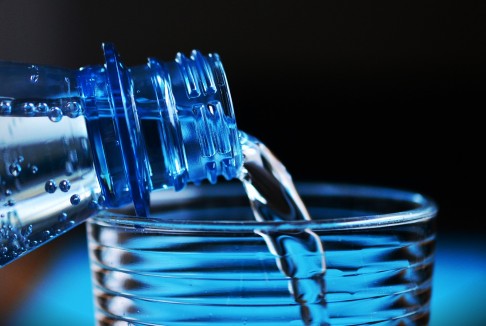Bio-Plastics: Definition, Application and Advantages

Bio-Plastics is an alternative to traditional plastics. They are produced from the sustainable and renewable sources such as vegetable fats and oils, corn starch, straw, woodchips, food waste, etc. which makes it way easier to naturally break down after usage vs. the traditional plastics. They are strong and versatile and are 100% biodegradable that minimizes the chances to pollute the environment. Bio-plastics is sometimes also known as bio-degradable plastic which is slowly and gradually replacing the standard, or traditional plastics originated from the polymer or oil. They are accounted for approximately 0.2% of the global polymer market.
Applications:
There is a range of applications of Bio-Plastics. They can be used for disposable items such as packaging, crockery foods & drinks, medicine, oils & lubes, etc. They offer the same or even higher performance than standard or traditional plastics. Many businesses nowadays prefer to use them over regular or traditional plastic due to its being eco-friendly and organic nature.
Advantages of Bio-Plastics:
Bio-Plastics offer a multitude of super advantages over standard or traditional plastic. Some of which are as follows;
- Bio-Plastics Reduces carbon footprint due to its organic nature.
- They do not need fossil fuels, while oil-based plastics needs it.
- They reduce CO2 emissions during the production process. It takes much less CO2 than the standard or traditional plastics.
- They consume less energy during the production process than traditional plastics.
- One of the best advantages of the Bio-Plastics is; it does not generate as much toxic run-off. They are completely safe and poses no harms at all.
- There is limited utilization of fossil fuels in Bio-Plastics.
- They are produced from organic sources that make it naturally break down, so it requires less landfill area.
- They are biodegradable and compostable.
- It’s quite amazing that they do not alter the flavour and smell of food they store.
- They are recyclable. They can be recycled to be used more resourcefully using less energy.
- They offer a variety of zero waste end of life options.
- No damaging health additives are contained in Bio-Plastics such as phthalates or bisphenol-A.
- They can be used in a variety of industries such as wrapping, packaging, pharma & medicine, foods & drinks, textile industry, agriculture and etc.
Rubeeflexpackaging offer many flexible packaging solutions that are durable, cost-effective and ensure strong visually appealing for your products in the super crowded market.
Contact us here for your further queries.